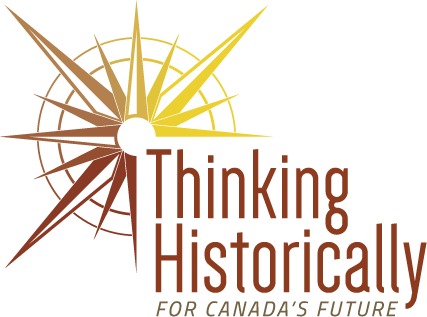R. Michael Marker, known to many of his friends as Mike, left this world on January 15, 2021. He was a force of nature, and will be dearly missed by his family, friends, and colleagues. Michael was born in San Diego to Bob and Jean Marker in 1951. The family relocated to Spokane shortly afterwards, where Michael spent his childhood and young adult life. He cherished time with his grandparents on their farm near the Colville Reservation, growing up with a love of the outdoors, music, and a strong inherited work ethic. As a young man he discovered his love of bicycles, to explore the countryside and also as transportation. In 1982
he took off on a cross country bicycle trip across the U.S. with his banjo and camera, just one of Mike’s many life adventures. His love for 2 wheels was life long, he became known on UBC campus, around the Pond and the Longhouse for his cycling and scootering. For the first decade of his adult life, his passion and talent for music, especially as a tool for social justice, led him to become a successful touring folk singer.
In 1984 Michael married Cecilia Morales, they have three children, Yonina, Nakos and Miska. His family was his first priority and his pride and joy. He seamlessly included them in all aspects of his life and work. He began his teaching career at North Beach High School on the Washington coast. His irreverence to authority and his devotion to his principles made for an interesting teaching career. After several short-lived high school positions, he found himself at Northwest Indian College NWIC, where he helped to found Lummi High School. Michael’s work in the Lummi community extended well past the High School, and his passion to help further First Nations pursuit of higher education led him to pursue a PhD at the University of British Columbia. He wrote his dissertation about the experience of the Lummi community during a time of racist backlash as a result of fishing rights victories in the US. Michael was passionate about the value of education. His intense intellect, courage, curiosity, and gift as a storyteller allowed him to enter spaces off limits to most.educators. He completed his PhD in only four years, soon after this he was offered a position at UBC. He accepted on the condition that he fulfill his commitment to develop Oksala, a teacher education program at NWIC. UBC agreed and offered him a position in the faculty of Educational Studies. Even after he left for UBC, he remained in close contact with the Lummi. He worked with Bill James on preserving Lummi language and he continued to mentor Lummi students pursuing higher education. He was always ready to talk with higher educational institutions on behalf of indigenous students.
He was one of the original directors of the Ts”kel program at UBC. He wrote countless papers that focused on the concept of place, and its importance to both teaching and learning from an Indiginous perspective. His work with Indiginous people extended beyond the Puget Sound. He traveled to Australia and New Zealand to visit and learn from the Maori. He also spent time with the First Nations communities in Nunavut. He was always eager to listen to tribal elders, and firmly believed that we must make spaces in our modern educational system for Indiginous learning and teaching practices.
Michael’s legacy continues forward in the countless students, faculty, friends and family he touched. Everyone who met him has a story to remember him by. He would want us to slow down and continue to listen and learn from Indigeous peoples.
